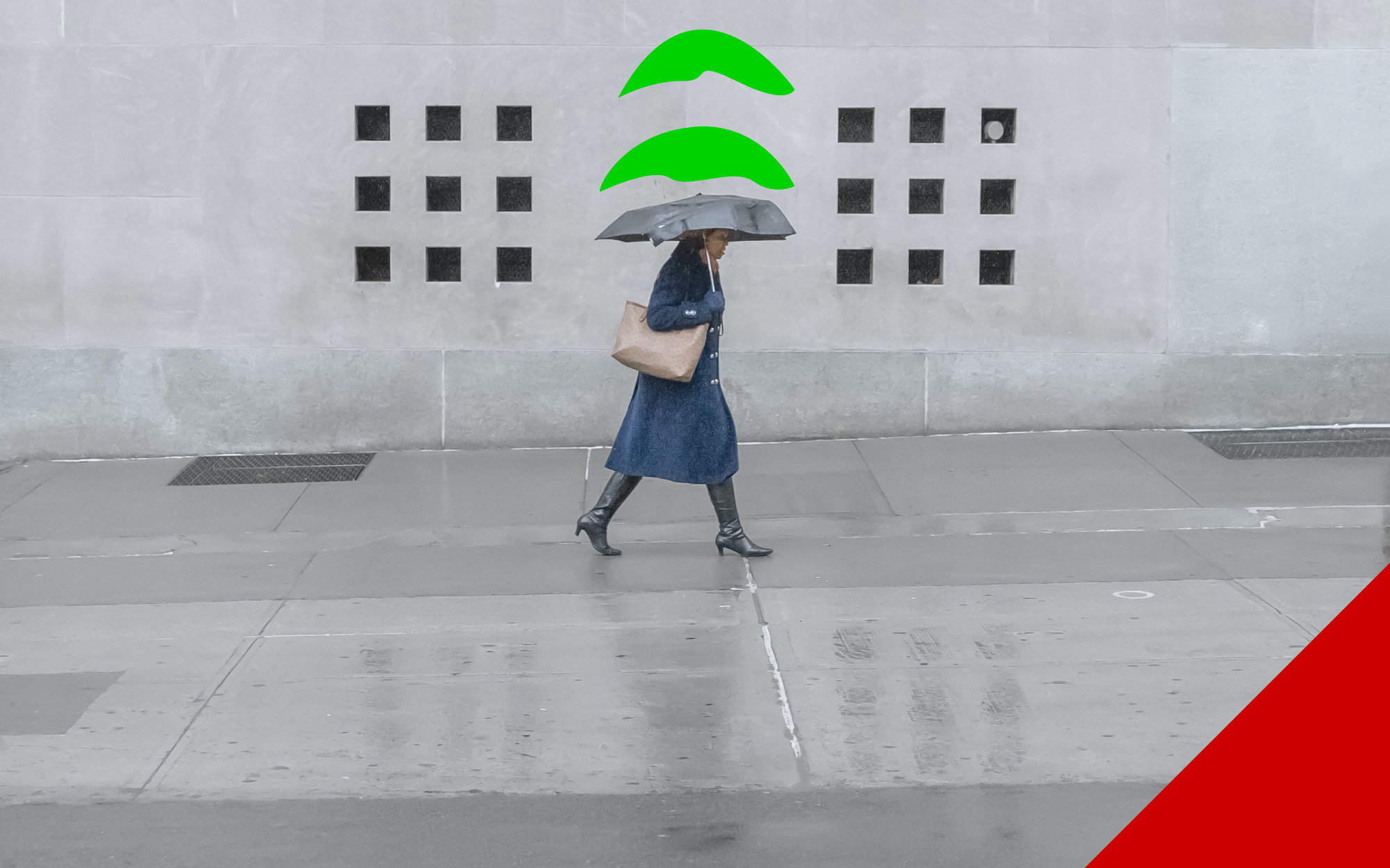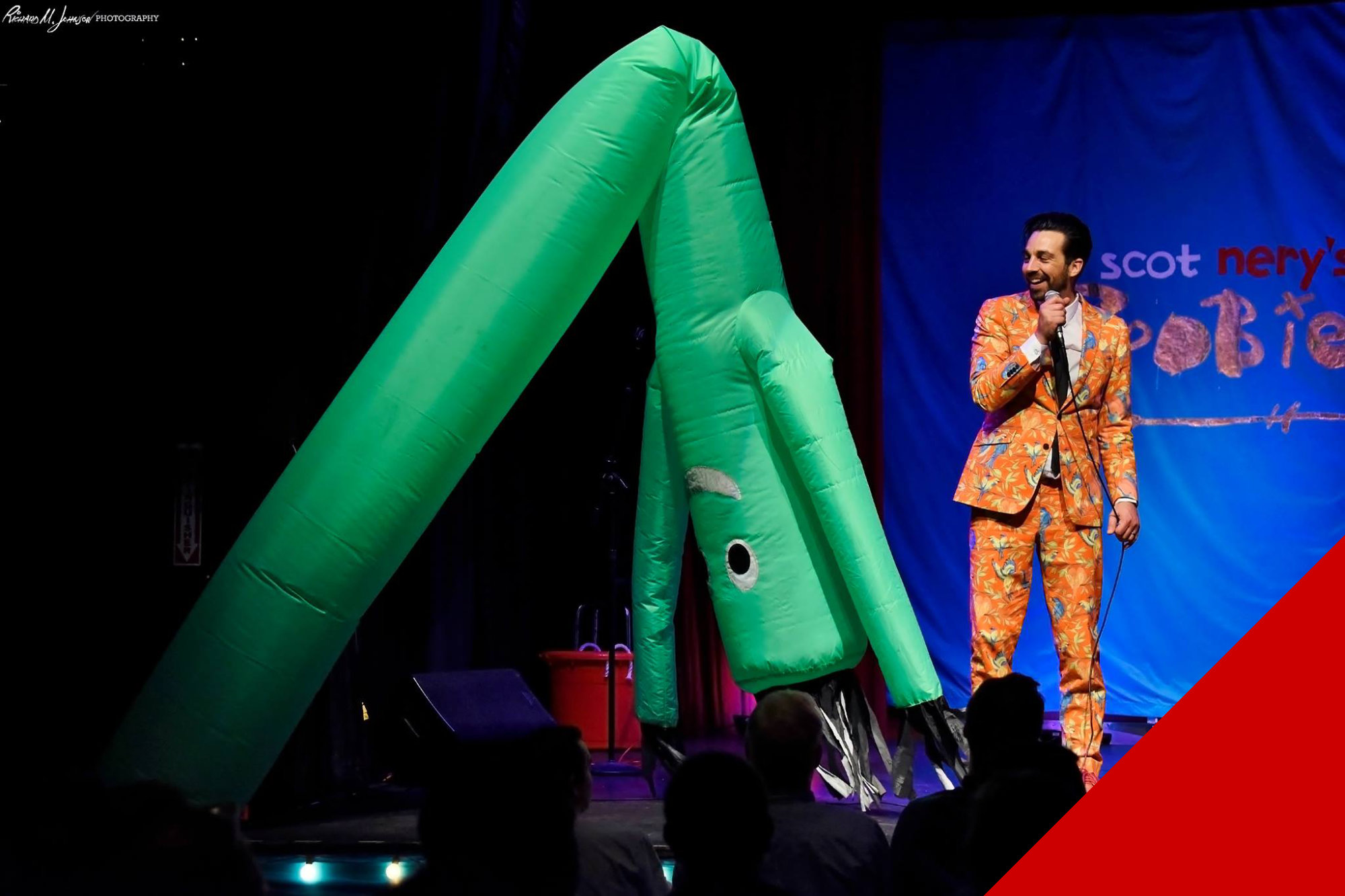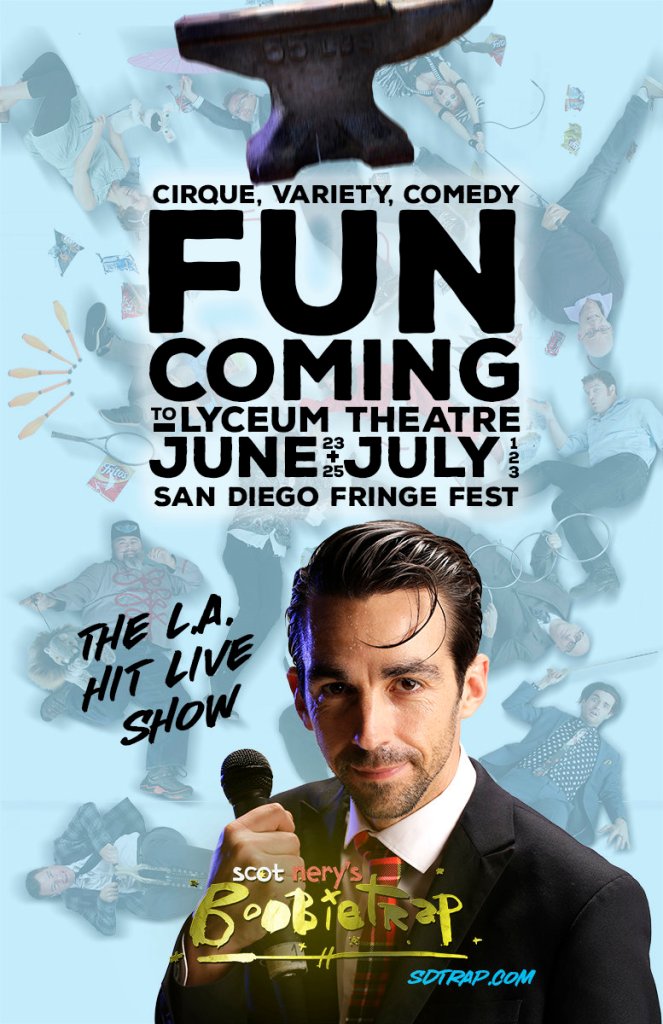
We’re not safe in bed if our house is on fire. I get it, it feels like the best option is to freeze and wait for everything to blow over. It feels like being small, quiet, and still will keep us from getting hurt or hurting the world. That’s not where we are or have ever been.
Everything WONT blow over, and it never will. Everything will always be everything. There will always be restrictions, unknowns, and surprises.
If we’re on a mission, we’re not safe doing nothing.
We each struggled so hard to create something great. I don’t mean “I struggled hard to create a 50 seat play about Shakespeare…” I mean “I struggled hard to connect people with the beauty of humanity!” The Shakespeare show was just a tool to do that.
That struggle was smart. That struggle was our purpose in life. Our purpose is our reason for breathing and eating. Our purpose IS our life. If we don’t work for our purpose, we don’t have life. That is why we’re not safe sitting still.
In human connection we’re not safe hiding our emotions, or being dishonest.
In affecting people, we’re not safe having a small voice.
In looking for a more abundant world, we’re not safe sitting on our hands.
In desiring a world with more laughter, we’re not safe being grumpy.
A feeling of safety helps us create
I’m not saying we need to wake up with a feeling of dread. I’m saying we’re safest on the move. Sure, the house is on fire, but we have a way out and we’re skilled fire fighters. It’s all cool as long as we move. Make something happen. Our audiences are waiting for us to save ourselves.





























